Delegation from Nigeria and that of the Republic of Niger met in Niamey on Wednesday, in a move to restore the damaged bilateral ties between the two neighbours.
Daily Trust gathered that Nigeria’s Minister of Foreign Affairs, Yusuf Maitama Tuggar, arrived in Niamey on Tuesday, leading a high-level delegation aimed at restoring and strengthening diplomatic relations between Nigeria and the Republic of Niger.
The visit marks a significant step in mending ties strained since the July 2023 coup in Niger.
Tuggar delivered a special message from President Bola Ahmed Tinubu to General Abdourahamane Tchiani, the Head of State of the Republic of Niger, Daily Trust gathered.
The Nigerian delegation included senior diplomats, policy advisers, and defence liaison officers.
It was learnt that discussions covered critical issues such as security cooperation, regional trade, economic development, and cross-border collaboration.
The meeting
A communique issued by the two parties said the discussions took place in a climate of great cordiality and provided an opportunity for an in-depth examination of the challenges facing the two countries and major current issues at the sub-regional, regional, and international levels.
“The two countries deliberated on various issues of mutual interest that would foster closer relations amongst the people and government of Niger and Nigeria. Some of the concerns raised were the renewed commitment to revitalise the Nigeria-Niger Joint Commission (NNJC), which would further consolidate the gains made so far,” the statement jointly signed by Tuggar and Niger’s Foreign Minister, Bakary Yaou Sangaré, said.
Furthermore, the two parties emphasised the need to strengthen economic cooperation, especially in operationalisation of cross-border markets, trade and energy, the Kano-Katsina-Jibiya-Maradi railway, the construction of the Trans-Saharan Gas Pipeline, Trans-Saharan Highway, Trans-Saharan Fiber Optic, Bilateral Air Services, local bilateral committees, micro-diplomacy, tariffs and taxes, desertification, good neighborliness policies, migration, tourism, education, new information and communication technologies, agriculture and livestock farming, and infrastructure.
In this regard, the two ministers agreed to cooperate and follow up on these issues through the NNJC as soon as possible.
Also, during their discussions, the two ministers welcomed the quality of the relations of fraternity, friendship, cooperation, and good neighborliness that bind Niger and Nigeria, and reaffirmed their shared desire to boost and energise bilateral cooperation between the two countries, to raise it to the level of their ambitions and the legitimate expectations of their respective peoples.
Security
On the security front, the two ministers noted the terrorists’ threat raging along the border between the two countries, which constitutes a real obstacle to the effective implementation of all development programmes.
Therefore, the two ministers called on the ministries of defense of both countries to continue their security cooperation, while expressing their conviction of the need to strengthen social, political, economic, scientific, and cultural cooperation between the two countries. They also agreed to increase mutual exchanges at all levels, particularly through the regular holding of meetings of the committees of experts, the Council of Ministers, and the High Authority of the Niger-Nigeria Joint Cooperation Commission.
To this end, the two Minsters of Foreign Affairs expressed the need to set up a Joint Consultative Forum that will bring together all relevant stakeholders of both countries to address their common challenges and explore further opportunities for the benefit of their citizens.
A source at the Ministry of Foreign Affairs told Daily Trust that this diplomatic engagement reaffirmed Nigeria’s commitment to peaceful dialogue and regional stability.
Another source who is familiar with the situation confided in our correspondent that the diplomatic move was actually made by Niger Republic.
“The Nigerien side made the move, but doesn’t want it in the news. It’s just like what happened when they had a fuel crisis some weeks back,” they ran to Nigeria and Nigeria secretly came to their rescue,” the source said.
He expressed optimism that the meeting could bring an end to the diplomatic row between the two.
Nigeria did the right thing – Ex-diplomat
A former diplomat, Ambassador Suleiman Dahiru, noted the urgency and necessity of mending strained ties between the neighbouring countries.
“A delegation from Nigeria was sent to Niger to discuss with the authorities in Niger, possibly on the way of restoring good relationship between the two countries and possibly extending to ECOWAS. But right from the start, it is unfortunate that we got this strained relationship”, he said.
Ambassador Dahiru expressed disappointment over the deterioration of relations, particularly following border closures under former President Muhammadu Buhari and the recent military coup in Niger. According to him, both countries took actions that escalated tensions instead of encouraging dialogue.
“When the coup d’état took place, actions were taken on both sides that did not engender friendship. The authorities in Niger Republic felt that Nigeria was too hard on them despite years of good relationship. That was why we got here,” he said.
Despite the notion is some quarters that Nigeria is “begging” for peace, Dahiru was quick to dismiss it.
“To me, Nigeria is not begging. All that Nigeria is trying to do is take the initiative by going to Niger to discuss with the authorities there. It is now left to the authorities in Niger to think and find a way of getting a solution,” he said.
He noted that Nigeria, often seen as the “big brother” in the region, showed leadership by making the first move.
“In fact, in my honest opinion, Niger Republic should have been the one to send a delegation to Nigeria. But Nigeria decided to go to them. So it is for them now to think seriously whether this type of antagonistic relationship should continue or not,” he said.
Asked about the potential outcome of the peace talks, the ambassador remained cautious but hopeful. “It is difficult to tell from my own perspective. Certain very harsh and uncomplimentary statements about Nigeria and about its president were made… but Nigeria never went personal. Whatever Nigeria did, it was on the recommendation or because of the decision taken by ECOWAS,” he said.
He added that, “We pray that the authorities in Niger will respond positively.”
The journey so far
Since the coup in Niger in July 2023, Nigeria has undertaken several efforts to improve relations with its northern neighbor, focusing on diplomacy, economic collaboration, and security cooperation.
Nigeria had sent high-level delegations to Niger to mediate and foster dialogue. Former Nigerian Head of State, General Abdulsalami Abubakar, played a key role in these efforts, emphasising the importance of restoring constitutional order and maintaining regional stability.
Despite the sanctions imposed by ECOWAS, Nigeria sought to maintain certain economic ties with Niger. For instance, the two countries have continued discussions on shared infrastructure projects, such as the Trans-Saharan Gas Pipeline, which aims to transport natural gas from Nigeria through Niger to Algeria.
Recognising the shared security challenges, Nigeria has worked to sustain collaboration on counterterrorism efforts. Both nations have historically cooperated in combating Boko Haram and other extremist groups, and Nigeria has expressed its commitment to maintaining these security partnerships.
Besides, Nigeria acknowledged the deep cultural and familial connections between border communities and efforts were made to ensure that these ties were not completely severed, even amid political tensions. Nigeria’s Chief of Defence Staff, General Christopher Musa, made moves to ensure that military relations between the two countries remained intact.
Cost of the diplomatic row
The strained relations between Nigeria and Niger have had significant economic, social, and political repercussions for both nations. These tensions, exacerbated by diplomatic disputes and ECOWAS sanctions, disrupted long-standing ties and created challenges for border communities and national economies.
Economically, the fallout has been severe. Niger, which relied heavily on Nigeria for fuel imports, has faced acute shortages since Nigeria’s removal of fuel subsidies in 2023. This policy change made smuggling fuel across the border unprofitable, cutting off a vital supply line for Niger. The scarcity strained Niger’s refinery capacity, leading to widespread disruptions in daily life and economic activities. For Nigeria, the closure of border trade routes impacted businesses and reduced revenue from cross-border commerce, which had previously thrived due to the interdependence of the two economies.
Socially, the strained relations disrupted the lives of border communities that have historically shared cultural and familial ties. These communities, spanning states like Sokoto, Katsina, and Borno in Nigeria, and regions in Niger, experienced a breakdown in socio-economic cohesion. The restrictions on movement and trade deepened hardships, fostering resentment and uncertainty.
Politically, the tensions weakened regional cooperation and stability. Niger’s withdrawal from ECOWAS, alongside Mali and Burkina Faso, fragmented the bloc and diminished its collective influence. The accusations exchanged between Nigerian and Nigerien leaders further eroded trust, complicating efforts to resolve the crisis. For Nigeria, the strained relations also posed challenges to its leadership role in West Africa, as its policies have been perceived as heavy-handed by some neighbouring countries.
The implication on the security front is significant for both nations and the broader West African region. These tensions have disrupted long-standing security collaborations, particularly in combating terrorism and insurgency. Niger accused Nigeria of collaborating with France to cause chaos within its bothers after a terrorist attack recently.
More so, the withdrawal of Niger, Mali, and Burkina Faso from ECOWAS and their formation of the Alliance of Sahel States (AES) have fragmented regional security frameworks. This division has made it more challenging to present a united front against shared threats, such as terrorism and organised crime.
Why AES left ECOWAS
The Alliance of Sahel States (AES), comprising Niger, Mali, and Burkina Faso, left ECOWAS due to a combination of political, economic, and security-related grievances.
Their decision was largely driven by dissatisfaction with ECOWAS’s handling of military coups in their countries, particularly the imposition of sanctions and threats of military intervention. These measures were perceived as punitive and disconnected from the realities of governance and security challenges in the Sahel region.
The AES countries also expressed frustration with ECOWAS’ perceived alignment with Western interests, especially France, which they viewed as undermining their sovereignty.
This dissatisfaction was compounded by ECOWAS’ inability to effectively address terrorism and insurgency in the Sahel, leaving these nations feeling marginalised.
Geopolitical shifts also played a role, as the AES countries sought alternative alliances, including closer ties with Russia, to reduce their reliance on traditional Western partnerships. This realignment highlighted their desire for greater autonomy in addressing regional security and governance issues.
Ultimately, the AES countries’ departure from ECOWAS reflects deeper structural issues within the bloc, including its reliance on sanctions and military threats without sufficient diplomatic engagement or recognition of the unique challenges faced by its member states.
Nigeria’s handling of the situationThe ECOWAS sanctions on Niger, imposed following the military coup in July 2023, had profound economic and political impacts. These sanctions included border closures, trade restrictions, and a no-fly zone, which severely affected Niger’s economy and isolated it from regional financial institutions. The sanctions were aimed to pressure the junta to restore constitutional order and reinstate President Mohamed Bazoum, who was ousted during the coup.
However, the sanctions also exacerbated tensions between Niger and ECOWAS, particularly Nigeria, which played a leading role in enforcing them. The junta in Niger viewed these measures as acts of destabilisation and responded with defiance, refusing to relinquish power. The strained relations culminated in Niger, Mali, and Burkina Faso withdrawing from ECOWAS in January 2025 and forming the AES, further fragmenting regional unity.
ECOWAS’s threat to deploy military force added another layer of complexity to the crisis. The bloc established a “standby force” and warned the junta that military intervention was a last resort.
This threat was met with strong resistance from Niger and its allies, Mali and Burkina Faso, who declared that any military action would be considered a declaration of war.
Under Bola Tinubu’s leadership, Nigeria’s foreign policy and its role within ECOWAS have faced significant challenges, particularly in addressing the crisis involving the AES.
Tinubu’s approach to enforcing the ECOWAS Protocol on Democracy and Good Governance was criticised for its rigidity and lack of diplomatic finesse. This heavy-handed strategy alienated key regional actors, including Niger, Mali, and Burkina Faso.
Tinubu’s insistence on strict adherence to democratic norms, while noble in principle, failed to account for the complex political realities of the Sahelian nations, an expert told Daily Trust. He noted that the president’s refusal to compromise or adapt his approach led to strained relations and diminished Nigeria’s influence in West Africa.
Previous efforts
ECOWAS had made several attempts to reintegrate the AES countries into the regional bloc. These efforts included diplomatic engagements, economic incentives, and appeals to regional solidarity.
Senegalese President Bassirou Diomaye Faye was appointed as a mediator to negotiate with the AES countries. He emphasised dialogue and the importance of preserving a strong sub-regional organisation.
Ghanaian President John Mahama also made efforts to reconcile the AES bloc with ECOWAS, but later described the crisis between the two as complicated.
The Ghanaian leader called for continued dialogue between the countries, saying it remains the only pathway to peace.
Also, ECOWAS continued to recognise AES countries’ passports bearing the ECOWAS logo and allowed goods and services from these countries to benefit from the ECOWAS Trade Liberalisation Scheme (ETLS). Citizens of AES countries were also permitted visa-free movement within ECOWAS, while the AES countries got a six-month grace period to rethink their exit.
Culled from Daily Trust

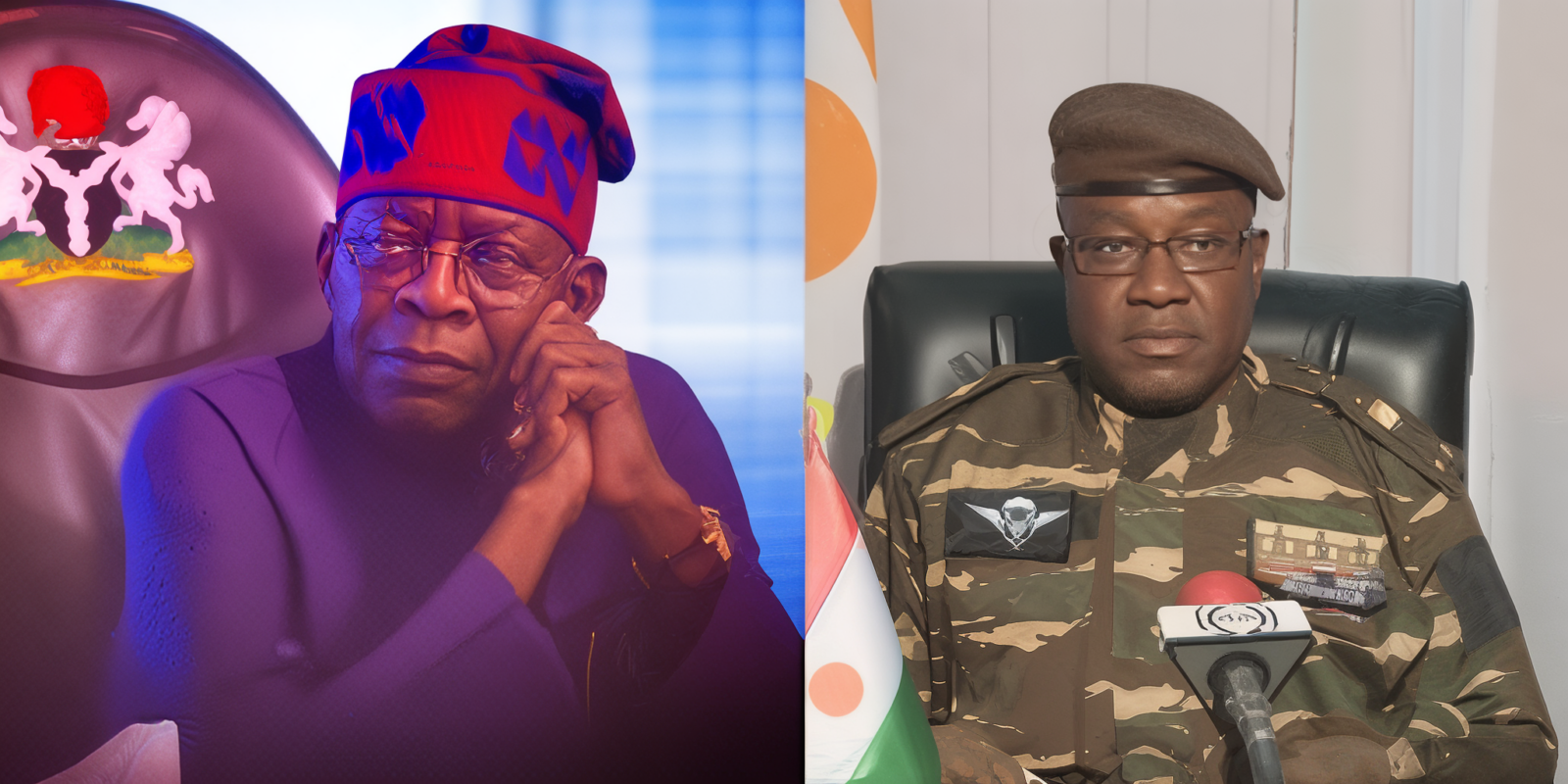

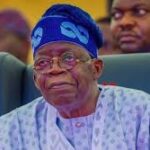
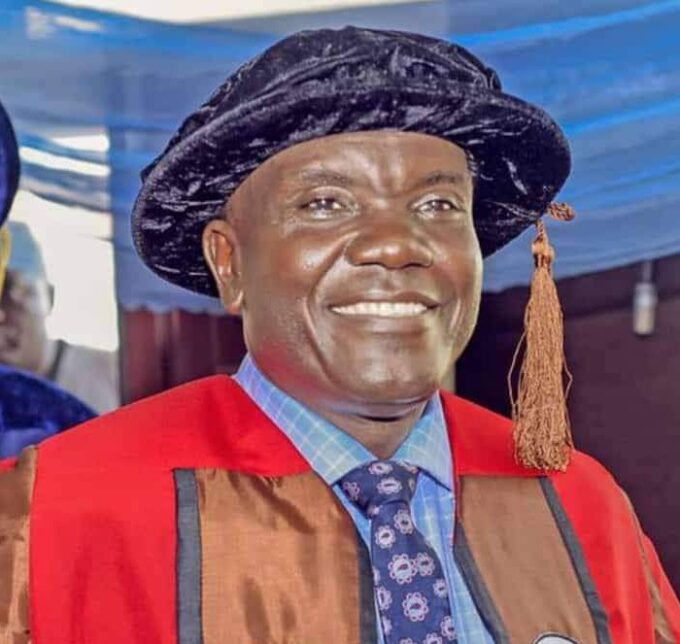
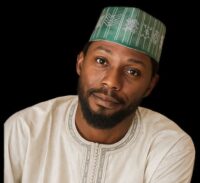

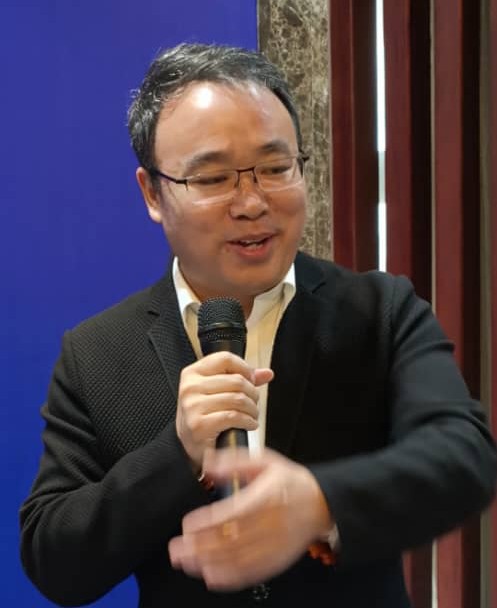
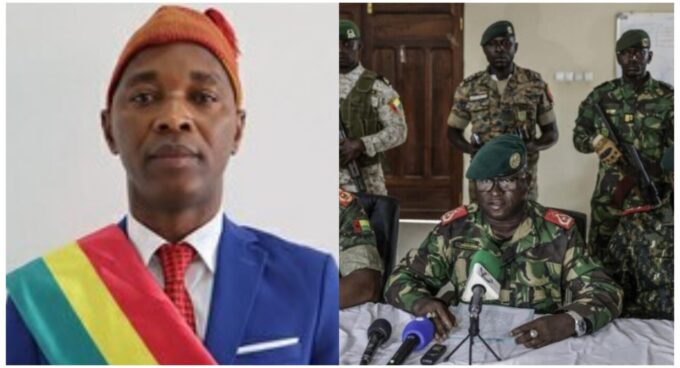

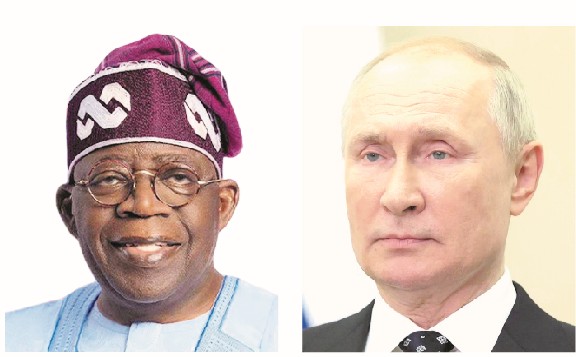




Leave a comment